
If you’ve ever watched a medical drama show, you have likely heard the term “rounds.”
It’s short for “grand rounds,” an important learning tool for the medical community. They’re like lectures, where health-care providers present patient case studies to their peers. The goal is to foster an environment of continuous improvement and learning, ultimately working toward better patient care.
Patients have traditionally been the focus of grand rounds, but a team of health-care providers at The Ottawa Hospital is trying something a little different. In February, this multidisciplinary team launched a new series of virtual rounds centred on caring for the health-care provider. During these virtual events, staff and physicians can reflect on the emotional issues they face while providing care and receive emotional support during challenging times.
Understanding personal emotions can help strengthen empathy, leading to better patient care
“Health-care providers take care of patients and families at their most difficult times, and there are a lot of psychosocial complexities to their care,” explains Dr. Paula Dawn Enright, palliative care physician at The Ottawa Hospital and project lead for the series. “By discussing these complexities, it betters our ability to empathize with and care for patients and their families.”
The new open forum series follows the Schwartz Rounds model, which offers health-care providers a confidential safe space to share and reflect on their emotional experiences. The idea is that caregivers are able to foster better personal connections with patients, families and their colleagues when they have greater insight into their own feelings.
Schwartz Rounds are a tried-and-true model
Schwartz Rounds have helped health-care providers around the world improve quality of care. Attendees have reported decreased feelings of stress and isolation, increased feelings of compassion toward patients, and an increased readiness to respond to patients’ and families’ needs, according to The Schwartz Center for Compassionate Healthcare.
The sessions each focus on a specific topic or patient case and begin with presentations from a panel of health-care providers from across different disciplines. Panelists recount personal stories of caring for patients and share how these experiences affected them emotionally. The presentation is then used as a springboard for a group discussion facilitated by the hospital’s experienced social workers, who create a safe environment for reflection. During this discussion, the audience of health-care providers are invited to share their own stories and perspectives.
Caregivers at The Ottawa Hospital say just one session has made a difference
Held on February 24, the first session was hosted by the Department of Medicine Grand Rounds Committee and focused on the topic of “The Patient I Will Never Forget.” The panel featured a physician, an occupational therapist and a social worker, who each shared a compelling story of caring for a patient.
When the floor opened for discussion, a number of attendees were keen to share stories of their own.
“The audience shared stories about developing connections with patients as they spent time in hospital and how that feels as a caregiver,” recalls Dr. Enright. “They shared stories about encounters they found challenging, ways to deal with their own emotions that arise during those encounters, and ways to ensure they provide the best care possible.”
This first session saw high attendance and very positive feedback, with the audience of caregivers reporting that they felt strong connections to the panelists and their stories. Some attendees even connected to panelists outside of their own disciplines. “A lot of people said the session helped them gain insight into what their colleagues experience and how other people are thinking and feeling,” reports Dr. Enright. “They spoke of how this session created a sense of belonging and community.”
Attendee Dr. Jerry Maniate praises the session. “The day after the Rounds, I had a conversation with a colleague of mine, and I told him, ‘I was at the most amazing grand rounds that I’ve ever been at anywhere in all my 20 years in health care!’”
“The Schwartz Rounds created a space for us to learn about things you can’t find in textbooks,” he continues. “I think there’s increasingly a need in our health-care system for creating a space where we talk about the social and emotional aspects of care as a means to counteract the burnout and wellness challenges we’re having.”
Dr. Maniate related to all three patient stories shared by the panelists. “I was struck by how similar these cases sounded to patients that I’ve seen,” he says. “I immediately started reflecting on what I would have done in each of these situations.”
Dr. Maniate learned from the session as both a physician and an educator. In addition to his role at The Ottawa Hospital, he is an Associate Professor of Medicine at the University of Ottawa and the Founding Director of the Equity in Health Systems Lab, which aims to address inequalities in health care. “I design continuing professional development activities for health-care providers. After attending this session, I said to myself, ‘This raises the benchmark for me.’”
Written feedback from attendees revealed similar praises:
- 100 percent of attendees felt they gained insight into the perspectives or experiences of their co-workers
- 88 percent felt an improved sense of belonging to a care team
- 80 percent felt less isolated in their work
- 72 percent felt better prepared to handle difficult or sensitive patient situations
A look to the future: Sharing more stories
With the first session receiving such positive feedback, a second session was held on April 21. The virtual session was titled, “Riding the Waves: Sustaining Compassion During Two Years of COVID-19” and featured an intensive care nurse, an orderly and a general internal medicine physician as panelists.
The first two sessions were open to hospital staff and physicians who interact with patients admitted to any of the medical floors, but in the future, the goal is to expand these sessions to all hospital staff and physicians across all departments.
“We were touched by the vulnerability the participants demonstrated and the stories and experiences that people shared,” says Dr. Enright. “We look forward to future opportunities to connect with our colleagues to sustain compassion for ourselves, our colleagues and our patients.”

Support patient care and research at
The Ottawa Hospital
You might also like…
“We never thought we’d save THIS much”: Big win for sustainability at the Riverside Campus
With just a few simple fixes and replacements, our facilities team has massively reduced the carbon footprint at the Riverside Campus — the equivalent of taking 229 cars off the road for a year. So, what’s the team’s secret green sauce? Read this article to find out…
The power of community @ TOH
Last year, Registered Nurse Macrina Valcin created an intricate display on her unit for Black History Month, transforming the unit’s bulletin board into a powerful celebration of Black people, culture and history. This year, thanks to the warm support and encouragement from a newly formed inclusive community, Macrina is showcasing her passion project to a much larger audience.
These volunteers turn chocolates and stuffed animals into MRI machines
We all know that a gift has the power to bring a smile to someone’s face. But did you know that the gifts you buy at our gift shops also have the power to help us buy important medical equipment? Our shops are run by a group of fundraising volunteers and staff from The Ottawa Hospital Auxiliary. Here are some other ways their efforts help make meaningful change.
Mental health professionals and paramedics team up to help people in crisis
Seven days a week, a mental health professional from The Ottawa Hospital hits the road with a paramedic from the Ottawa Paramedic Service. Together, they respond to 911 calls for mental health emergencies across the city. Social worker Cindy Gill and paramedic Scott Farrell share how the Mental Wellbeing Response Team provides quality care for patients out in the community.
Watch: NICU babies and staff receive special Challenge Coins from Ottawa Fire Services
This may be the feel-good video of the year! After helping carry our tiniest patients out of harm’s way on October 27, firefighters return to the General Campus NICU to present staff, families and babies with a special gift.
How we’re helping internationally educated nurses return to doing what they love
When internationally educated nurses Marde and Renz moved to Ottawa, they had to go through the Ontario qualification process. Our Supervised Practice Experience Program was a welcome opportunity because it gave them the practice hours needed to become fully licensed nurses in their new home country. So, where are they now? Read this article to find out.


 To reset, hold the Ctrl key, then press 0.
To reset, hold the Ctrl key, then press 0.
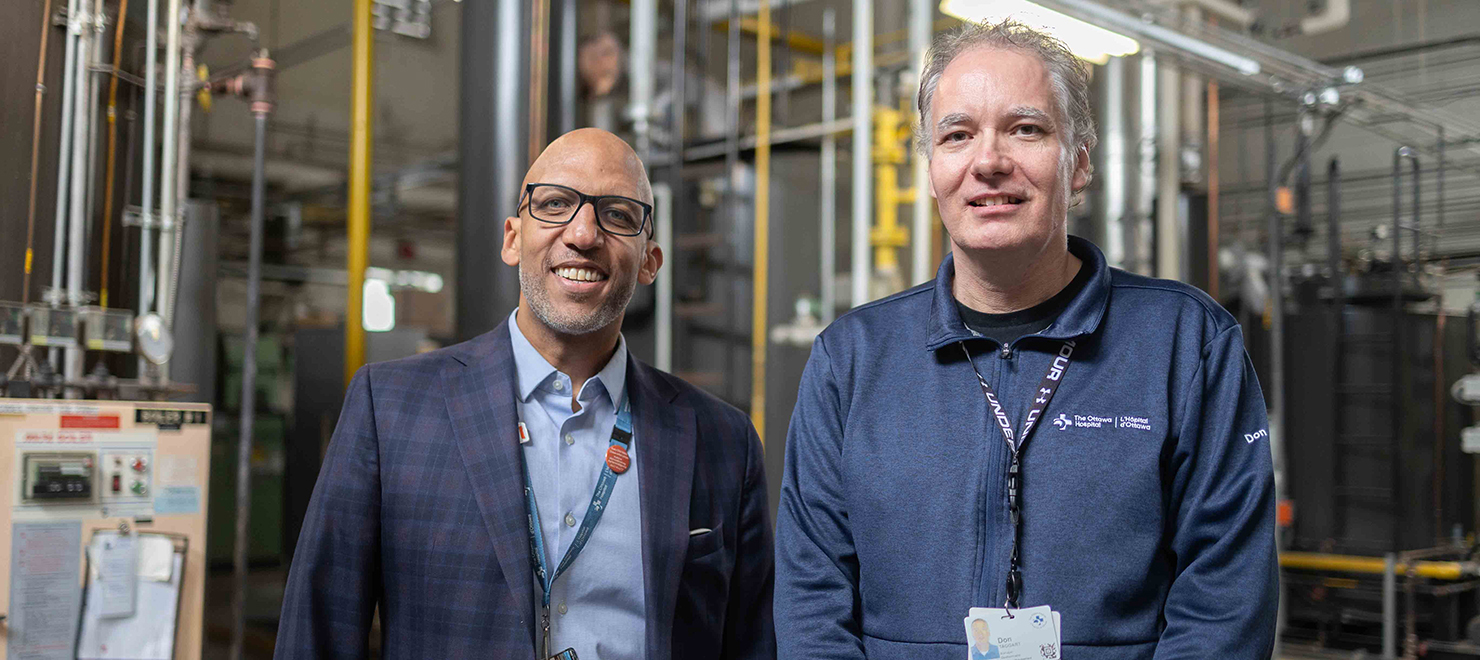
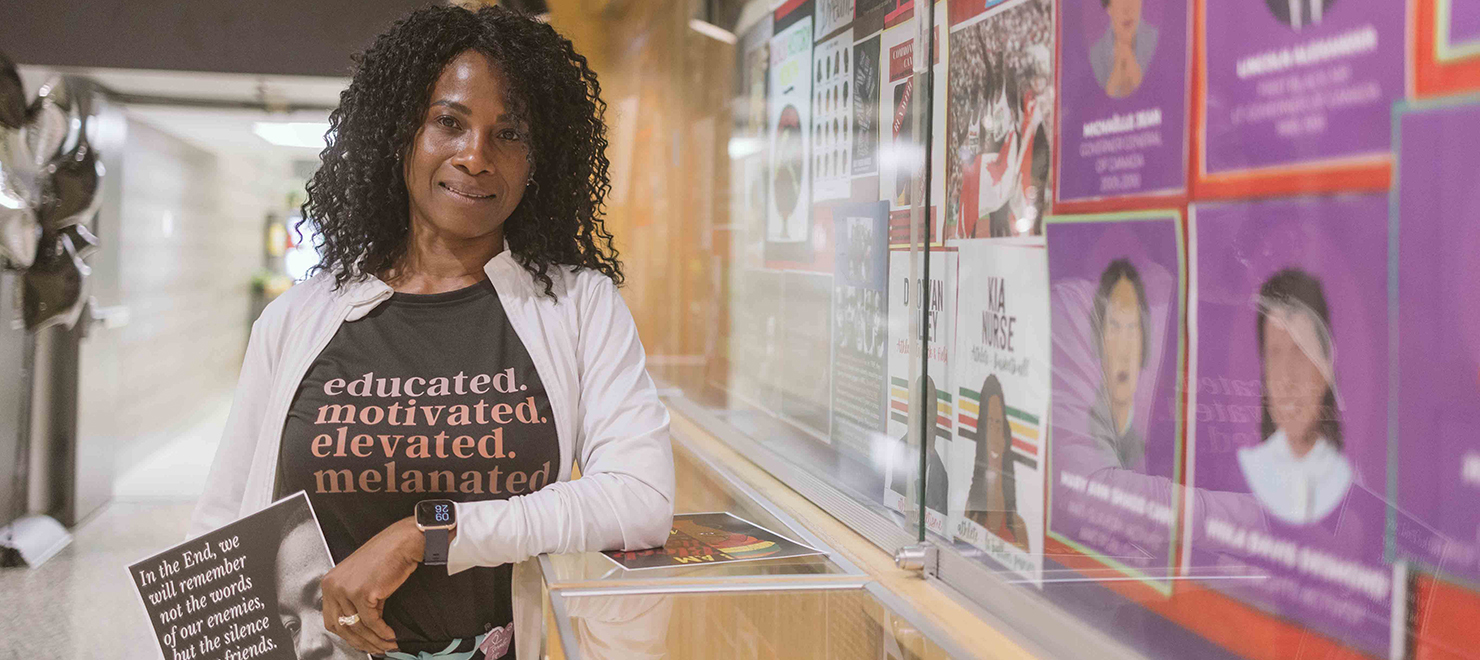
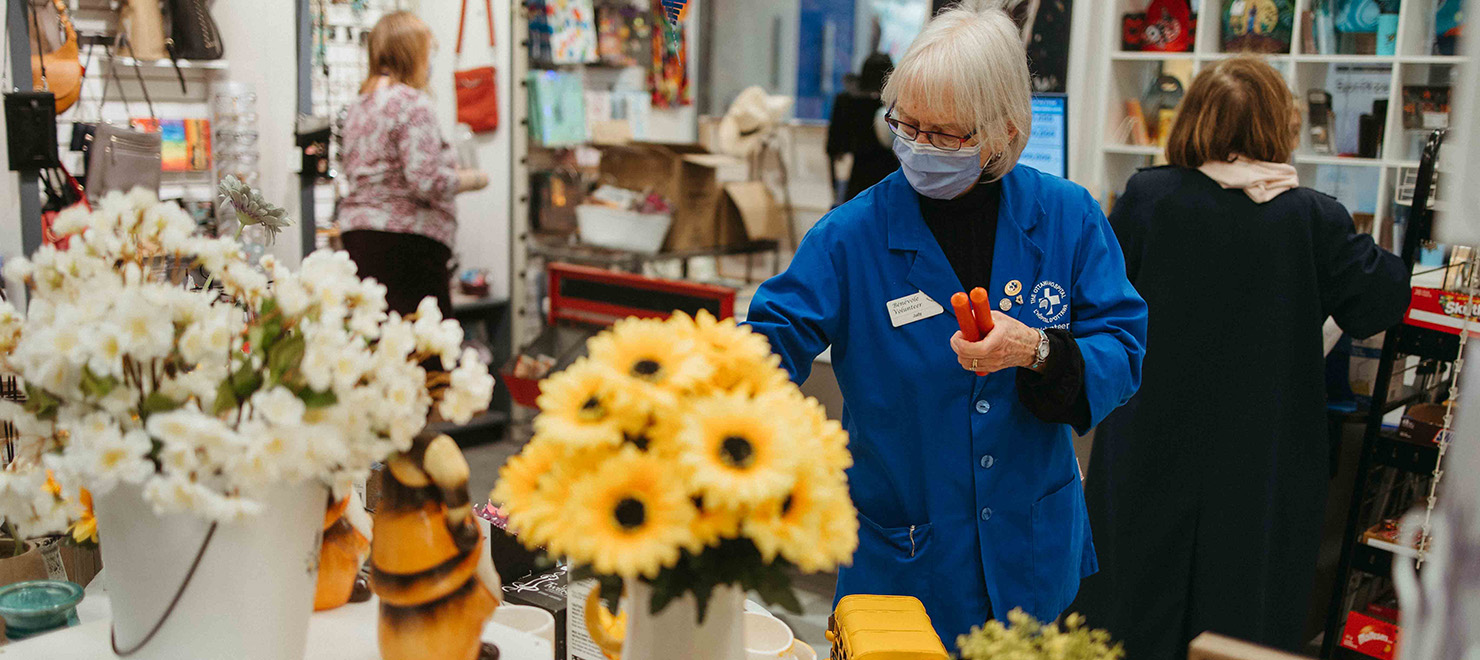
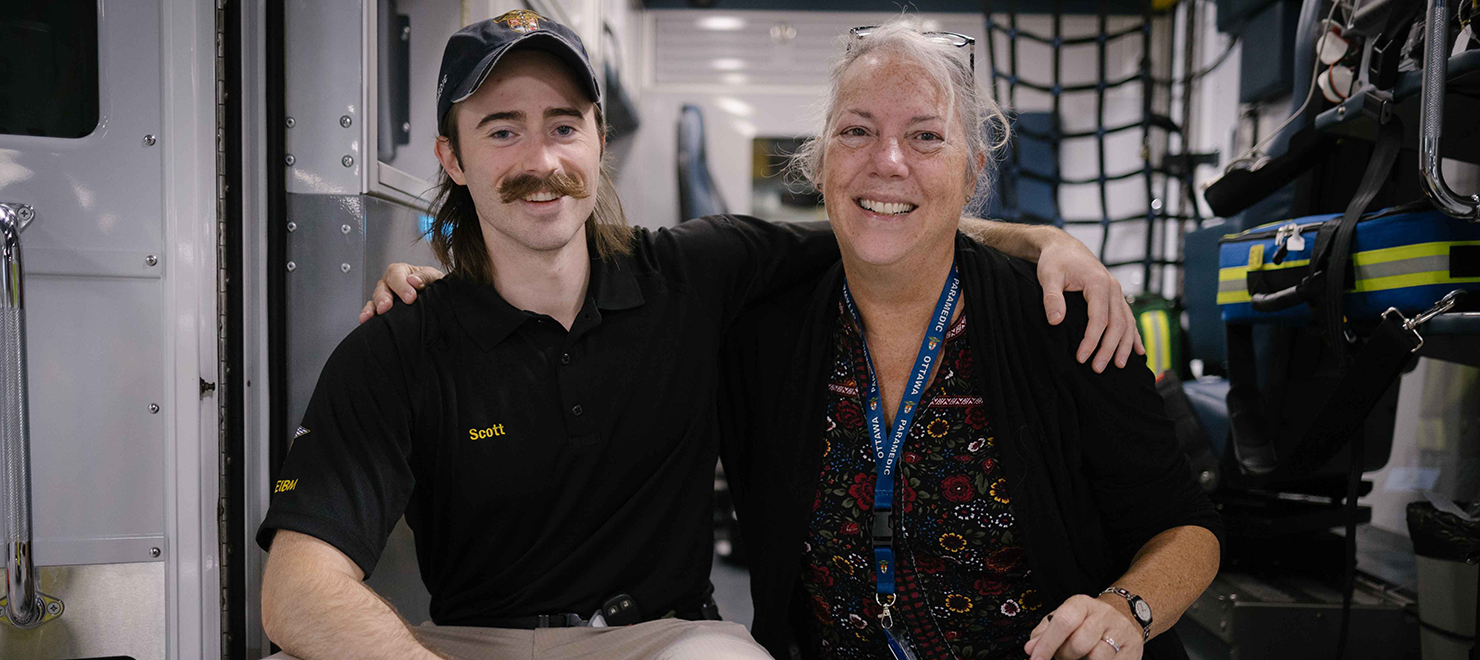
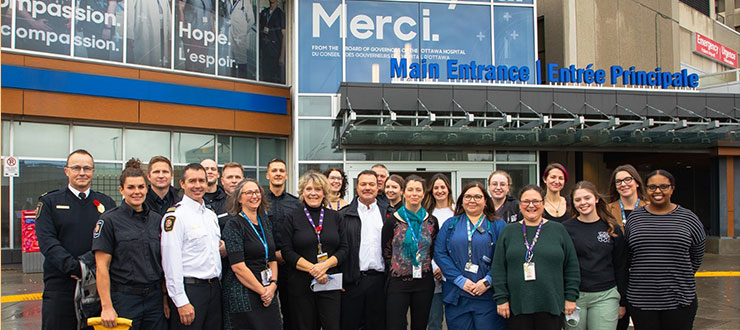
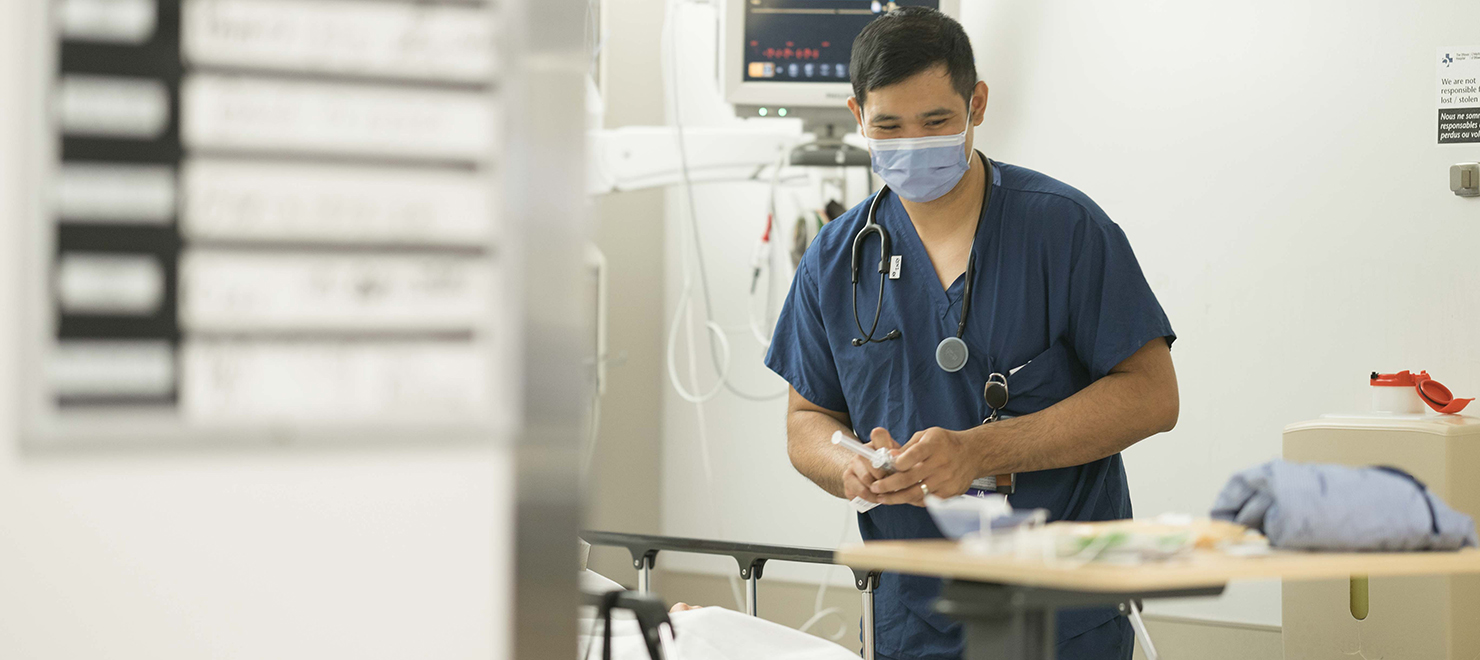
Comment on this post